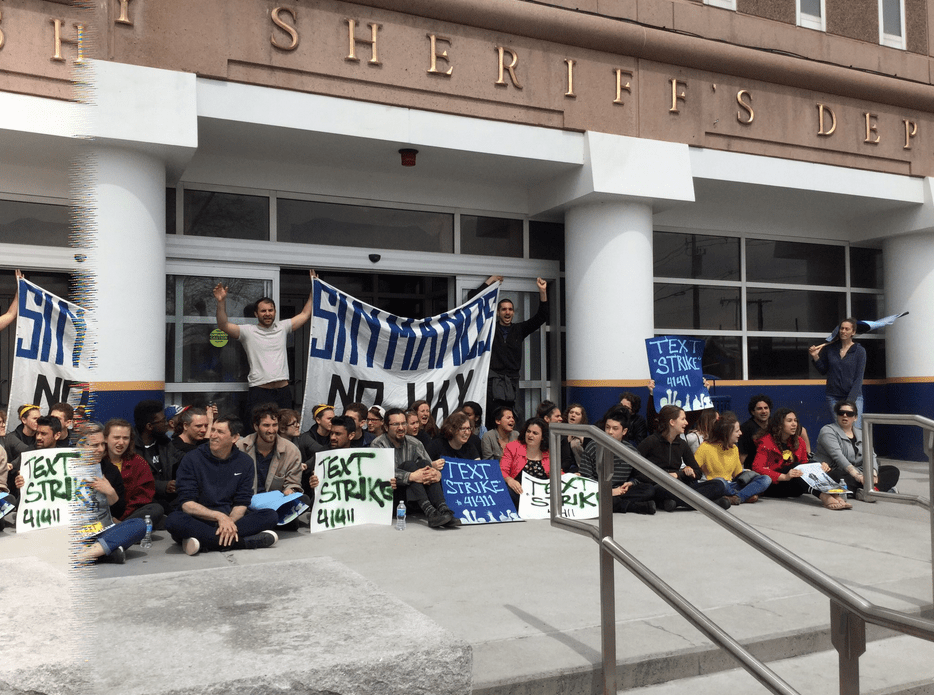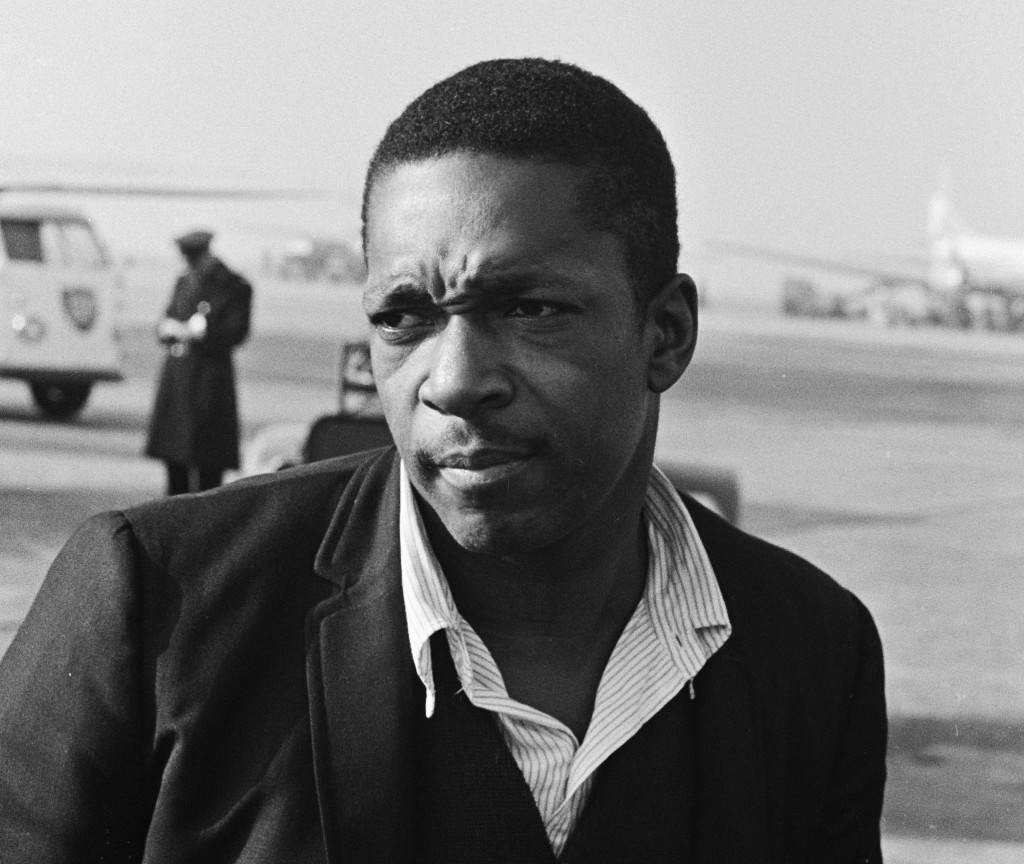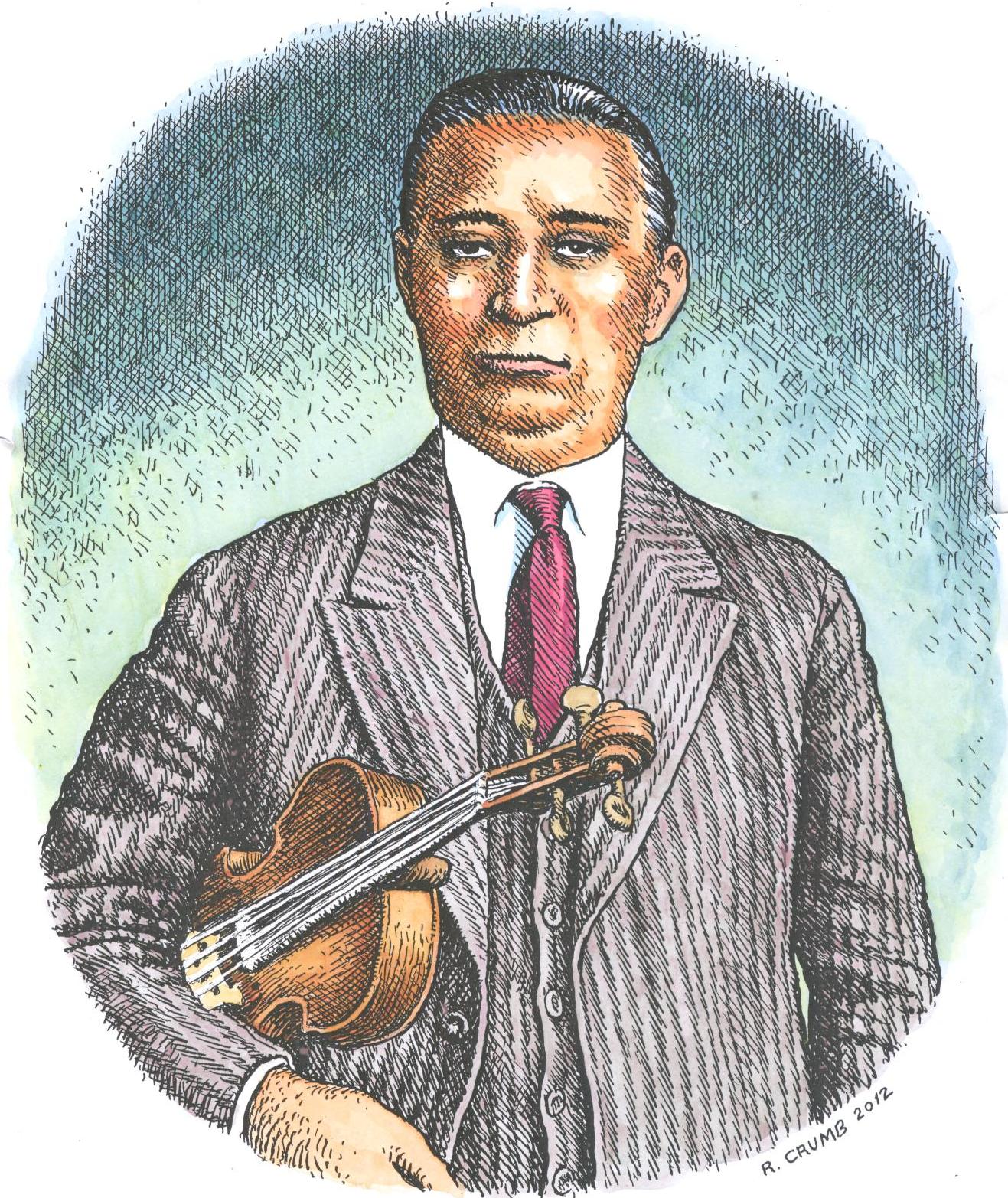8+ ArchivesTrump voter is often portrayed in media and pop culture as a working-class white person, down on their luck and desperate for change. These voters were -- and remain -- willing to look past Trump's erratic and unorthodox behavior and "politically incorrect" commentary if his presidency brings better jobs. These voters, the narrative goes, are in pursuit of a noble life, even if the man they chose to be commander-in-chief is neither generous or honorable.
But a new study, published Monday in Proceedings of the National Academy of Sciences, argues that a segment of these voters was motivated partly by a far less righteous cause: to protect their own dominant status in American culture and politics.
SEE ALSO: The Trump administration is hellbent on erasing the reality of people's livesThe study looks at a nationally representative group of the same voters who cast ballots in 2012 and 2016. In particular, it focuses on those who voted for Barack Obama and then, four years later, supported Trump. Instead of finding voters nervous about their family's finances, it uncovered deep concern related to America's declining global power and the projected demographic changes that will put people of color and ethnic minorities in the majority by 2045.
"What we find is this sense of threat."
"What we find is this sense of threat," says Diana C. Mutz, the study's author and professor of political science and communication at the University of Pennsylvania.
Mutz found no evidence that personal economic anxiety, represented by indicators like worry about retirement savings, medical bills, and education expenses, predicted greater support for Trump. She also asked about the state of voters' personal finances and whether their community had high unemployment and a concentration of manufacturing jobs. Meanwhile, Trump's supporters favored a smaller safety net, which suggests they're less concerned about how people will fare when they face dire financial straits.
One particularly telling factor did increase the likelihood of support for Trump: believing that white people are more discriminated against than people of color, and believing that Christians and men experience more discrimination than Muslims and women.
Mutz also found that the people who switched their vote from Democrat to Republican between 2012 and 2016 were more aligned with Trump's aggressive stance on free trade and China's ascendance as a global superpower. And they expressed a desire for group hierarchy instead of equality, with their group on top.
Other studies since the election found that racial attitudes played a role in Trump's election. Mutz says her analysis, which uses high-quality panel data as opposed to cross-section survey data, suggests that people are more threatened by the accelerating achievements of black people rather than the negative stereotypes they may hold.
Her findings should provoke uncomfortable conversations about the complicated ideas and beliefs that motivated people to vote for Trump. In fact, these are debates many people of color, including those in the media, have engaged in since well before Trump was elected.
But for the past year-and-a-half, many reporters and pundits have crafted the prevailing narrative, which is rooted in sympathy for Trump voters. Roseanne Barr, for example, has taken this campaign into people's living rooms with the reboot of her show, which tacitly defends its support of Trump based on the economic salvation he represents for white working-class Americans. This idea was front-and-center in Sen. Ted Cruz's recent tribute to the president in Time: "President Trump is a flash-bang grenade thrown into Washington by the forgotten men and women of America."
Imagine instead, though, a media narrative that took seriously the notion that voters chose Trump as a way to protect their own dominant status — not as an act of noble rebellion. It might help explain, for instance, the shockingly high approval rating the president still has with evangelical Christians. And yet, that debate is fraught because it points to deep-seated bias and prejudice.
"It's a really difficult conversation for people to have. Most people don't want to perceive themselves as racist."
"It causes people to confront things that are uncomfortable and unflattering," says Andra Gillespie, an associate professor of political science at Emory University who was not involved in Mutz's research. "It's a really difficult conversation for people to have. Most people don't want to perceive themselves as racist."
It is indeed easier to point to just about any other thesis for Trump's victory, including Hillary Clinton's various weaknesses as a candidate and her campaign's mistakes. And while Mutz's findings represent one aspect of Clinton's loss, they are arguably the hardest to face.
They also present a daunting challenge for liberal activists hoping to mobilize support for Democrats in this year's midterm elections. There are certainly ways Democrats could strategically tailor their message to address people's concerns about China and globalization, but there's no realistic way for the party to reassure voters interested in protecting their status without betraying its base: black people and progressive allies, who believe that nothing short of full equality and equity will suffice in the 21st century.
Even if the Democrats nominate a flawless presidential candidate in 2020 — as if such a thing exists — it's entirely possible certain voters will still be eager to march to the polls, ready to defend their place on top. No matter how easy it is to pretend that fight is about pocketbook anxieties, it's increasingly clear it's instead over who gets to wield the most power in America. That is a battle we simply cannot ignore.
Topics Activism Social Good Donald Trump Politics
Previous:The Mismeasure of Media
 Time to Unite
Time to Unite
 An Absolute Truth: On Writing a Life of Coltrane
An Absolute Truth: On Writing a Life of Coltrane
 Following in the Footsteps of Melville and Ishmael
Following in the Footsteps of Melville and Ishmael
 The Adventures of Mark Twain: Still Good, Thirty Years Later
The Adventures of Mark Twain: Still Good, Thirty Years Later
 Best robot vacuum deal: Eufy Omni C20 robot vacuum and mop at record
Best robot vacuum deal: Eufy Omni C20 robot vacuum and mop at record
 ChatGPT traffic spikes as students return to school
ChatGPT traffic spikes as students return to school
 'Quordle' today: See each 'Quordle' answer and hints for September 8, 2023
'Quordle' today: See each 'Quordle' answer and hints for September 8, 2023
 The Lost Recordings of a Phantom Musician
The Lost Recordings of a Phantom Musician
 Waymo data shows humans are terrible drivers compared to AI
Waymo data shows humans are terrible drivers compared to AI
 A Short Story by Philip K. Dick
A Short Story by Philip K. Dick
 Time to Unite
Time to Unite
 Can You Solve Walter Benjamin’s Brainteasers?
Can You Solve Walter Benjamin’s Brainteasers?
 What we bought in October 2021: Winter Crocs, dry shampoo for dogs, and more
What we bought in October 2021: Winter Crocs, dry shampoo for dogs, and more
 X is no longer labeling ads for some users
X is no longer labeling ads for some users
 A worthless juicer and a Gipper-branded server
A worthless juicer and a Gipper-branded server
 Four Poets Discuss Their Favorite Photographs
Four Poets Discuss Their Favorite Photographs
 Roblox will soon let players make calls from inside the game
Roblox will soon let players make calls from inside the game
 Hounded by fertility ads on Instagram? Don't let them stress you out.
Hounded by fertility ads on Instagram? Don't let them stress you out.
 Philips now allows customers to 3D print replacement parts
Philips now allows customers to 3D print replacement parts
 'The Nun II' review: Valak is back — and a bit better
'The Nun II' review: Valak is back — and a bit better
8th grader's Spotify playlist gets him in big trouble with momTwitter joins the fight against antiWomen are now in charge of NASA's science missionsHow 'Game of Thrones' became the worst possible version of itselfUber tests out no'Game of Thrones' fans react to major deaths in Episode 5 recapFacebook just brought back its 'View As Public' buttonOnePlus 7 Pro has a 6.719 people share the niche things that turn them onFollowing 'Nanette', Hannah Gadsby returns to NetflixBabies crying in slow motion makes for an hilarious, nightmarish trendTwitter joins the fight against antiLatest Android Q Beta includes car crash detectionI, Jeff Bezos, am a big boy with a big truck. VROOOOM!Here's where everyone stands going into the 'Game of Thrones' finaleHTC's new, cheaper blockchain phone will run a full Bitcoin nodeYTMND, one of the internet's earliest meme sites, shuts down foreverFacebook, Google, Twitter join forces to fight online extremismA sexy Kenny G meme war is what the internet does bestApple reportedly swapping in new iPhone XR colors: green and lavender 'The Last of Us' Season 2, episode 6: Did you notice Joel's watch? Best headphones deal: Save 42% on the Sony WH Do Video Games Make You Violent? An In Apple rejects Fortnite for iOS in latest app store drama [updated] NYT Strands hints, answers for May 18 Best AirTag holder: Get the Belkin Apple AirTag Secure Holder with Clip for under $10 NYT Strands hints, answers for May 17 NYT Strands hints, answers for May 16 How a Threads post helped me find community and beat loneliness NYT Connections Sports Edition hints and answers for May 18: Tips to solve Connections #237 Crystal Palace vs. Manchester City 2025 livestream: Watch FA Cup final for free Thunder vs. Nuggets 2025 livestream: Watch NBA playoffs for free How to unblock Pornhub for free in South Carolina Eurovision 2025 livestream: How to watch Eurovision for free The Fear is Gone: My PC is my Next Best soundbar deal: Save $300 on the Sonos Arc Best cordless vacuum deal: Save $130 on the Samsung Jet 60 at Best Buy Wordle today: The answer and hints for May 17, 2025 Touring Microsoft, Sony and Apple Stores on Windows 8's Launch Day Best Fire Stick deal: Save $15 on Amazon Fire Stick HD
1.8587s , 10131.7734375 kb
Copyright © 2025 Powered by 【18+ Archives】,Evergreen Information Network